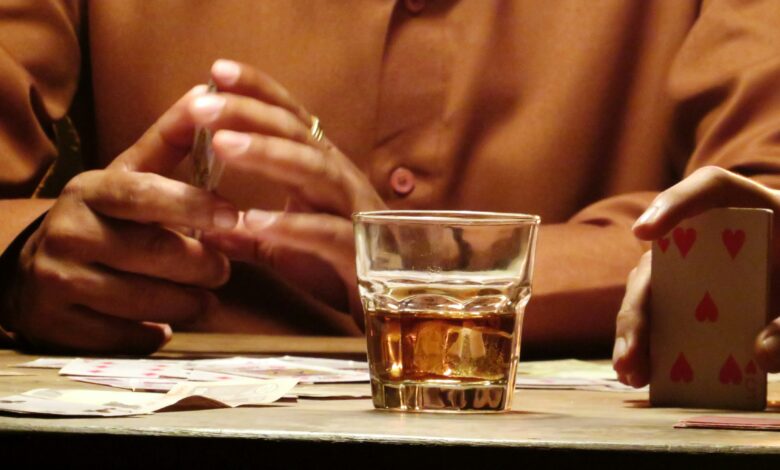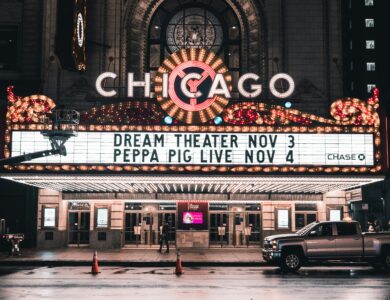
Bollywood movies have long been celebrated not just for their vibrant storytelling and mesmerizing music but also for their unforgettable dialogues. These lines from various films have transcended the silver screen, embedding themselves into everyday conversations and popular culture. They resonate with audiences due to their wit, emotion, and relatability. In this article, we’ll explore some of the most iconic dialogues from Bollywood movies that have become a part of popular culture, showcasing their impact and significance.
1. “Kitne aadmi the?” – Sholay (1975)
The dialogue “Kitne aadmi the?” from the classic Bollywood movie Sholay is one of the most legendary lines in Indian cinema. Delivered by the infamous villain Gabbar Singh, played by Amjad Khan, this line encapsulates the essence of the character’s menacing nature. In the film, Gabbar Singh is a notorious bandit causing chaos in a small village, and this particular dialogue is delivered in a moment of intense interrogation.
The impact of this line extends beyond the film itself. It has become a part of popular culture, often used humorously in everyday conversations when questioning someone about the number of people involved in a situation. The dialogue’s simplicity and the powerful delivery by Amjad Khan have ensured that it remains a memorable and often-referenced piece of Bollywood dialogue.
2. “Don ko pakadna mushkil hi nahi, namumkin hai” – Don (1978)
Another iconic line that has left a significant mark on Bollywood cinema is “Don ko pakadna mushkil hi nahi, namumkin hai” from the film Don. This dialogue, uttered by Amitabh Bachchan’s character, Don, reflects the larger-than-life persona of the titular character. The film, released in 1978, features Bachchan in a dual role of both a crime lord and a lookalike undercover agent, and this line captures the essence of his character’s elusive and formidable nature.
The phrase has been adopted into everyday language to describe something that seems almost impossible to achieve. It has become synonymous with challenging situations where success appears out of reach. This dialogue not only highlights the movie’s thrilling narrative but also its lasting influence on how people express the difficulty of accomplishing a task.
3. “Mere paas maa hai” – Deewaar (1975)
The dialogue “Mere paas maa hai” from Deewaar is a poignant reflection of the film’s central themes of family and values. Delivered by Amitabh Bachchan’s character, Vijay, this line is a powerful assertion of the emotional and moral superiority of his character over his brother, who has chosen a life of crime. The simplicity and depth of the line resonate with the fundamental human sentiment of valuing one’s mother.
This dialogue has become emblematic of the portrayal of family values in Bollywood movies. It is often cited in discussions about the importance of family and has become a part of popular culture as a way to express the idea that familial bonds hold greater significance than material wealth or power. The emotional weight of the dialogue ensures that it continues to be a reference point in both films and real-life conversations.
4. “Aaj khush to bahut hoge tum” – Deewaar (1975)
Another memorable dialogue from Deewaar is “Aaj khush to bahut hoge tum,” delivered by Shashi Kapoor’s character, Ravi. This line is a critical moment in the film, highlighting the contrast between the lives of the two brothers. The line, which translates to “I’m sure you’re very happy today,” is delivered in a context where Ravi confronts his brother Vijay about the choices they have made in their lives.
The dialogue’s significance lies in its emotional depth and its reflection on the consequences of life choices. It has become a cultural touchstone for expressing a mixture of irony and concern in conversations about someone’s happiness or success. This line captures the essence of personal sacrifice and the complexities of human relationships, making it a lasting part of Bollywood’s cinematic legacy.
Conclusion
The dialogues from Bollywood movies often do more than just move the plot forward; they leave an indelible mark on the audience, influencing how we communicate and express ourselves. The iconic lines discussed here – from “Kitne aadmi the?” to “Aaj khush to bahut hoge tum” – showcase the power of dialogue in shaping popular culture and how Bollywood movies have contributed memorable phrases to everyday language.
These dialogues from Bollywood movies have become ingrained in the cultural fabric, highlighting not only the creativity of the writers and actors but also the universal themes and emotions they address. As they continue to be referenced and quoted, they remind us of the enduring impact of cinema on our lives and conversations.




